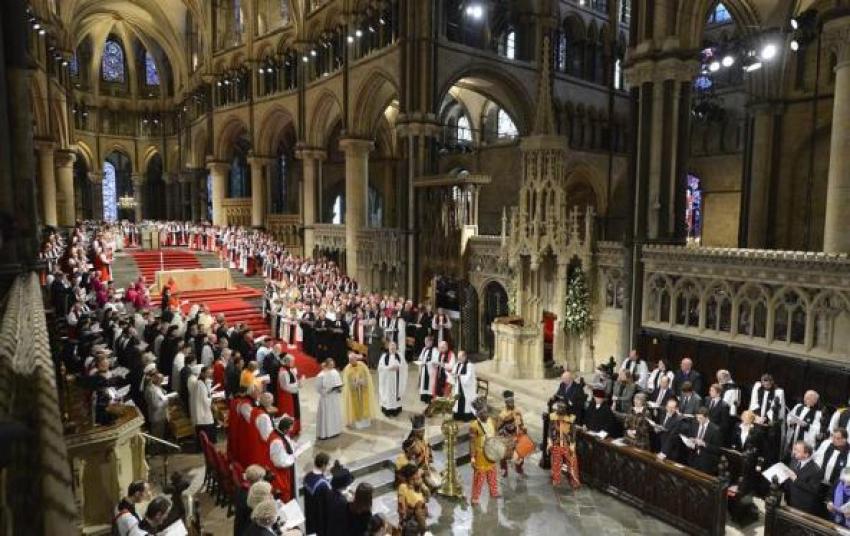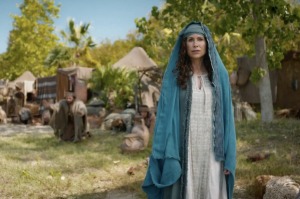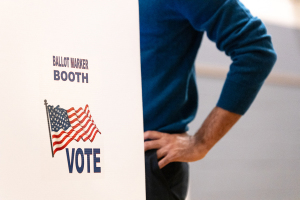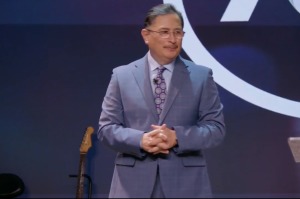Churches rebuked for hosting ‘rave in the nave’ events to attract new visitors

Historic cathedrals across England have drawn criticism for hosting what critics call "rave in the nave" events, aiming to attract new visitors and raise funds with silent discos, including the venerable Canterbury Cathedral.
These events, featuring DJs playing rock and pop music from the 1990s through wireless headphones, have sparked a backlash from religious and local communities concerned about the sanctity of these sacred spaces.
Canterbury Cathedral, a site with origins tracing back to 597 and known for its significant religious history, including the martyrdom of St. Thomas Becket, recently opened its doors to 3,000 attendees for a "silent disco."
The event, which sold out quickly, was part of a series intended to raise funds for the cathedral's upkeep.
Revelers danced to hits by artists like Eminem and Britney Spears, sipping cocktails near the site of Becket's murder, under the cathedral's historic arches.
At least a dozen other cathedrals have held or are scheduled to host similar events in the coming months.
The Hereford Cathedral held a similar event last Friday, followed by Guildford Cathedral last Saturday. The Guildford Cathedral will host another event this Saturday, while the Chelmsford Cathedral will hold an event Friday, according to a Change.org petition backed by 2,500 people against holding "night club" events in cathedrals.
Through the end of May, other events are planned at Exeter Cathedral, Leeds Minster, St. Albans Cathedral, Ely Cathedral, Coventry Cathedral, Sheffield Cathedral, St. Edmundsbury Cathedral, Llandaff Cathedral and Manchester Cathedral, according to the petition.
The decision to host such events has been met with protests and objections from various groups, including Catholics, Orthodox Christians, Evangelicals, Anglicans and even atheists and agnostics.
Dr. Cajetan Skowronski, a Catholic physician, organized a prayer vigil outside Canterbury Cathedral earlier this month, criticizing the use of the sacred space for secular entertainment.
The vigil sought to protect the cathedral from what participants viewed as sacrilege.
"It's a very misguided move by custodians of the cathedral who should know better than to be using it in this profane way," Skowronski said.
Critics argue that the disco events cheapen the cathedral's sacred value and are inappropriate for a place of worship.
Daniel, a 65-year-old Evangelical Protestant, and Mia, a 25-year-old atheist living near the cathedral, expressed their dismay in interviews with The National Catholic Reporter.
"I don't know what's got into the Church of England to think this is OK," Daniel said. "I pray for them. I believe what they're doing is terribly wrong."
Mia called the cathedral a "place for quiet contemplation."
"I personally don't think it's appropriate for a disco," she said. "They are pointlessly trying to subvert the religious aspect and could have raised funds another way."
The Church of England, facing dwindling congregations and rising maintenance costs, has defended the discos as a means of engaging with the community and attracting new visitors.
The Rev. David Monteith, dean of Canterbury Cathedral, emphasized the cathedral's role in community life and the variety of reasons people visit, from worship to cultural events.
"There are many different views on the secular and the sacred. Our '90s-themed silent disco will be appropriate to and respectful of the cathedral — it is categorically not a 'rave in the nave' — but I appreciate that some will never agree that dancing and pop music have a place within cathedrals," Monteith said in a statement.
A spokesperson for Silent Discos in Incredible Places, the organization behind the Canterbury event, told The Guardian the events are done in a respectful way and seek to bring people together in unique settings.
"We understand the concerns and respect the beliefs and opinions of those who would feel this inappropriate; however, to clarify, our silent disco is an innocent, feelgood event focused on bringing people together to sing the songs they love in the spectacular surroundings," the spokesperson said.



























